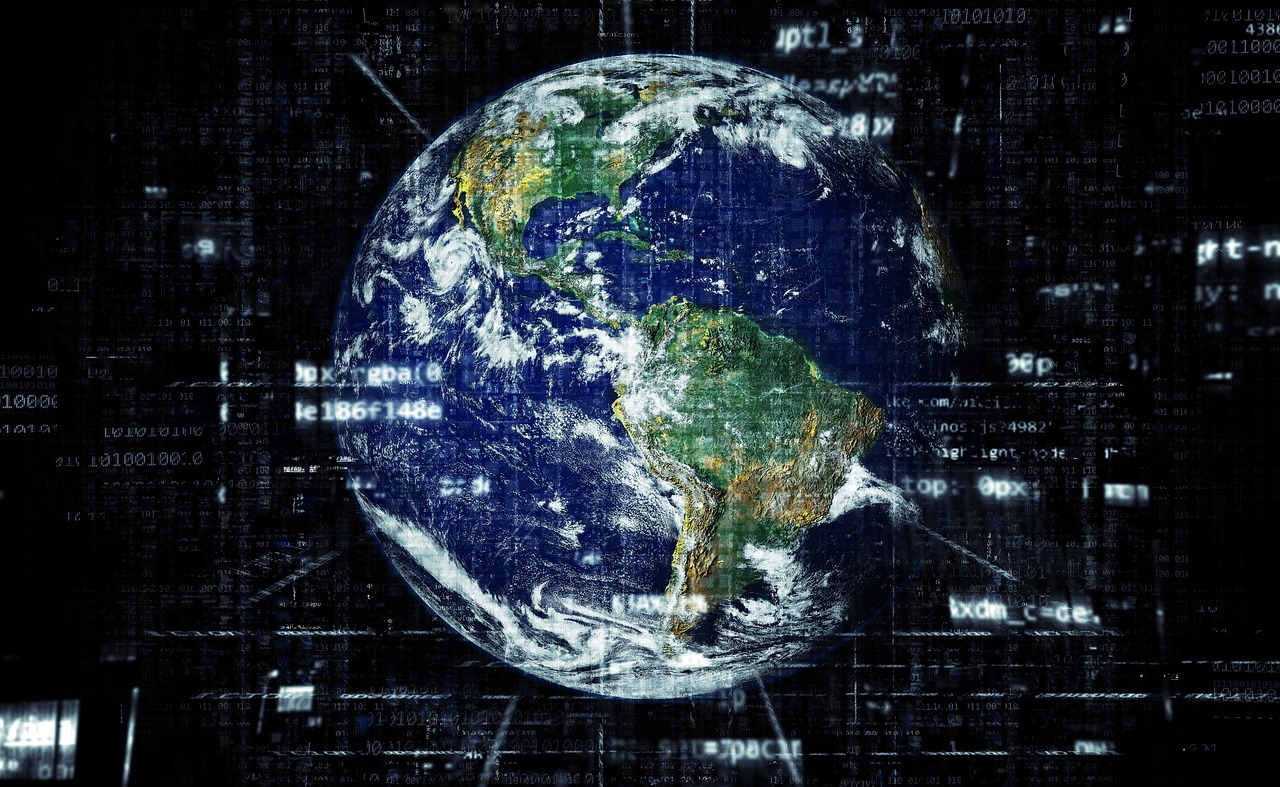Did you know that global internet users have skyrocketed from just over 1 billion in 2005 to 4.9 billion in 2021? With such explosive growth, it’s clear that we’re in the midst of a technological revolution. But what most experts won’t tell you is the true depth and breadth of this transformation.
The current technology landscape is like a bustling city, teeming with innovation, collaboration, and competition. Yet it’s also fraught with uncertainty and volatility. Rapid advancements in artificial intelligence, blockchain, and quantum computing are reshaping the way we live, work, and interact. But are we prepared for the impending seismic shift?
We’re witnessing signs of change that are as subtle as they are significant. Take the rise of automation, for instance. While it’s enhancing efficiency and productivity, it’s also posing challenging questions about job security and income inequality. Or consider the Internet of Things (IoT), seamlessly integrating our physical and digital worlds, yet raising serious concerns about privacy and security.

These are not isolated instances but emerging patterns, signaling a profound shift in our relationship with technology. We’re moving from passive consumption to active participation, from being mere users of technology to becoming co-creators. But at what cost? And who stands to benefit?
The tipping point, it seems, is closer than we might think. The next wave of technological innovation, spearheaded by revolutionary concepts like neurotechnology and nanotechnology, promises to redefine the boundaries of human potential. But it also threatens to widen the digital divide and exacerbate social inequalities. Is this the future we want?
Already, we see early adopters embracing these trends, driving the silent revolution. From tech-savvy millennials to forward-thinking businesses, many are capitalizing on the opportunities presented by this brave new world. Yet, their enthusiasm is not universally shared.

The resistance to this technological tsunami is palpable. Many fear the loss of privacy, the erosion of human agency, and the devaluation of human labor. Others question the ethical implications of manipulating nature and tampering with the human mind. Can we reconcile these legitimate concerns with our relentless pursuit of progress?
Regardless of our apprehensions, the transformation is already underway. The silent revolution is reshaping our societies, economies, and cultures. It’s altering our perceptions of reality and challenging our notions of what it means to be human. But are we ready to face the consequences?
Preparing for tomorrow requires more than just technological prowess. It demands a deep understanding of our shared humanity, a commitment to social justice, and a willingness to question our assumptions. We need to critically examine the emerging trends, challenge the prevailing narratives, and actively shape the trajectory of our technological future.
In conclusion, your future is not something that happens to you; it’s something you create. The silent revolution of technology offers unparalleled opportunities and formidable challenges. The question is, will you be a passive spectator or an active participant? Will you let the future happen to you, or will you have a say in shaping it? The choice is yours.




